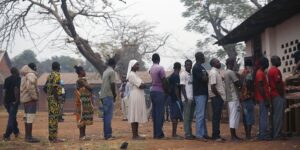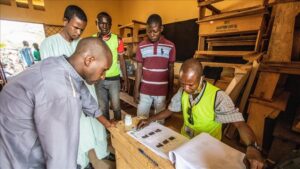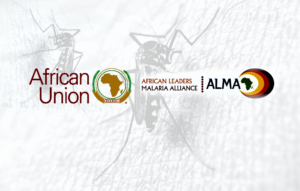Central African Republic Sets 28th of December, 2025, for General Elections
The Central African Republic (CAR) will head to the polls on December 28, 2025, in what many citizens and observers view as the most consequential elections in a generation. The electoral commission announced the date on Thursday, confirming that presidential, parliamentary, regional, and long-delayed municipal races will all take place on the same day. This is an ambitious plan in a country still emerging from years of conflict.
The announcement comes as President Faustin-Archange Touadéra prepares to seek a contentious third term. The president, who first came to power in 2016 and was re-elected in 2020, declared his intention to run again in July, triggering debate across the political spectrum. For some Central Africans, Touadéra represents continuity and a fragile sense of order. For others, his extended stay in office raises fears of democratic backsliding and a shrinking political space.

More than 2.3 million voters are registered. It is an increase fueled partly by 749,000 new registrations, many of them young people eager to cast a ballot for the first time. The surge reflects a public yearning for stability and a voice in shaping the country’s future, despite deep skepticism about politics in Bangui.
On election day, voters will choose representatives at every level of government: from the presidency to local councils that have not been renewed for years. Municipal elections, repeatedly postponed due to funding gaps and delays in updating voter rolls, are seen by civil society groups as a vital step in restoring accountability in communities where state institutions are often weak or absent.

Security in CAR has improved in recent years, largely due to a mix of government offensives and the presence of Russian mercenary forces from the Wagner Group, which helped push rebel coalitions away from Bangui and major towns. In the capital, markets stay open longer, and some displaced families have begun returning home.
But further than these pockets of normalcy, the country’s reality remains complex. Up to two-thirds of CAR’s territory is still influenced or controlled by armed groups, and many rural communities live under militia taxation or intimidation. In these areas, freedom of movement, civic participation, and even access to polling stations are not guaranteed.
Election officials warn of logistical hurdles. Some roads are rendered impassable by weather or insecurity, remote communities reliant on airlifts for ballot distribution, and the constant threat of local flare-ups.

Touadéra’s supporters argue that another term would allow him to consolidate security gains and continue rebuilding the state. They point to infrastructure projects, social programs, and gradual economic stabilization as signs of progress.
His critics, however, worry that altering the political roadmap to enable a third term sets a troubling precedent for a country with a fragile democratic history. Opposition parties have already raised concerns about the transparency of the electoral process, uneven access to campaigning opportunities, and the influence of foreign security partners.
For ordinary Central Africans, the stakes are deeply personal. Many hope the elections will bring improved livelihoods, functioning local services, and an end to the cycles of violence that have displaced hundreds of thousands. “We are tired of war,” one teacher in Bangui recently said. “If these elections can bring peace to our villages, then they matter.”

Whether December’s vote becomes a milestone of democratic consolidation or a trigger for renewed instability will depend on the conduct of the election and the willingness of political actors to accept results peacefully.
In a nation where conflict has shaped daily life for over a decade, 2025 offers a rare opportunity to choose leaders and reinforce trust in the political process itself. As for the Central African Republic, that may be the most important outcome of all.






